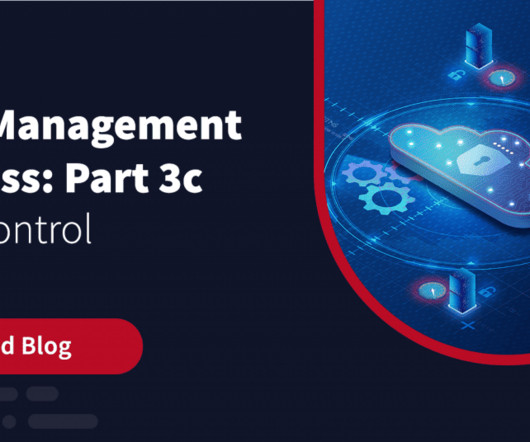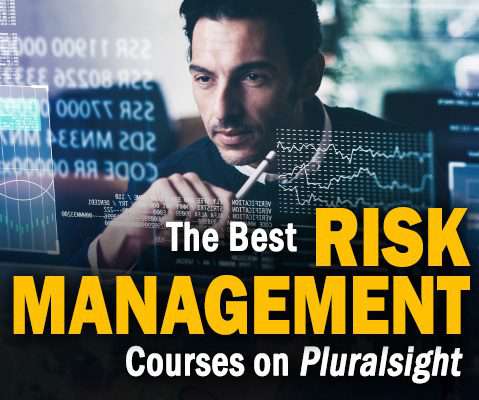Risk Management Process – Part 3c: Risk Control
Zerto
AUGUST 24, 2023
In our last post, we examined the risk analysis step of risk assessment. The third crucial step in risk assessment is risk control, which involves crafting effective strategies to mitigate the identified risks.















Let's personalize your content